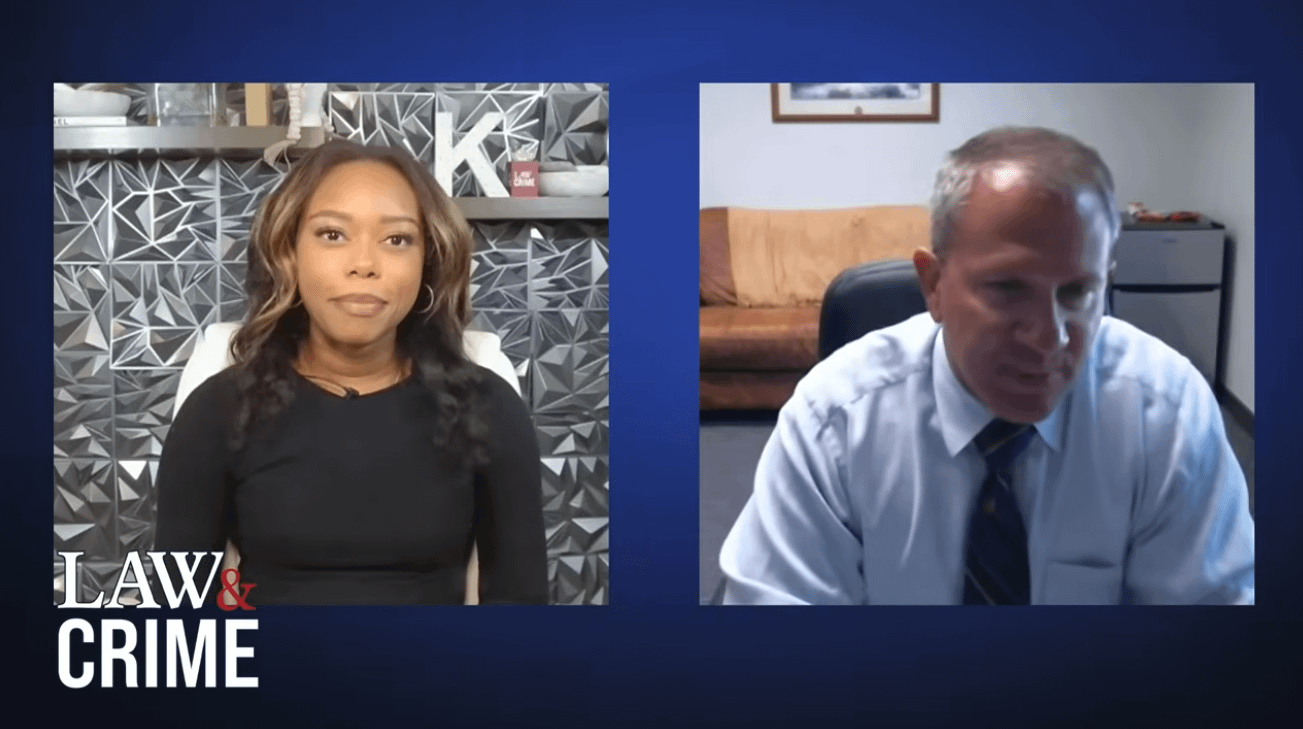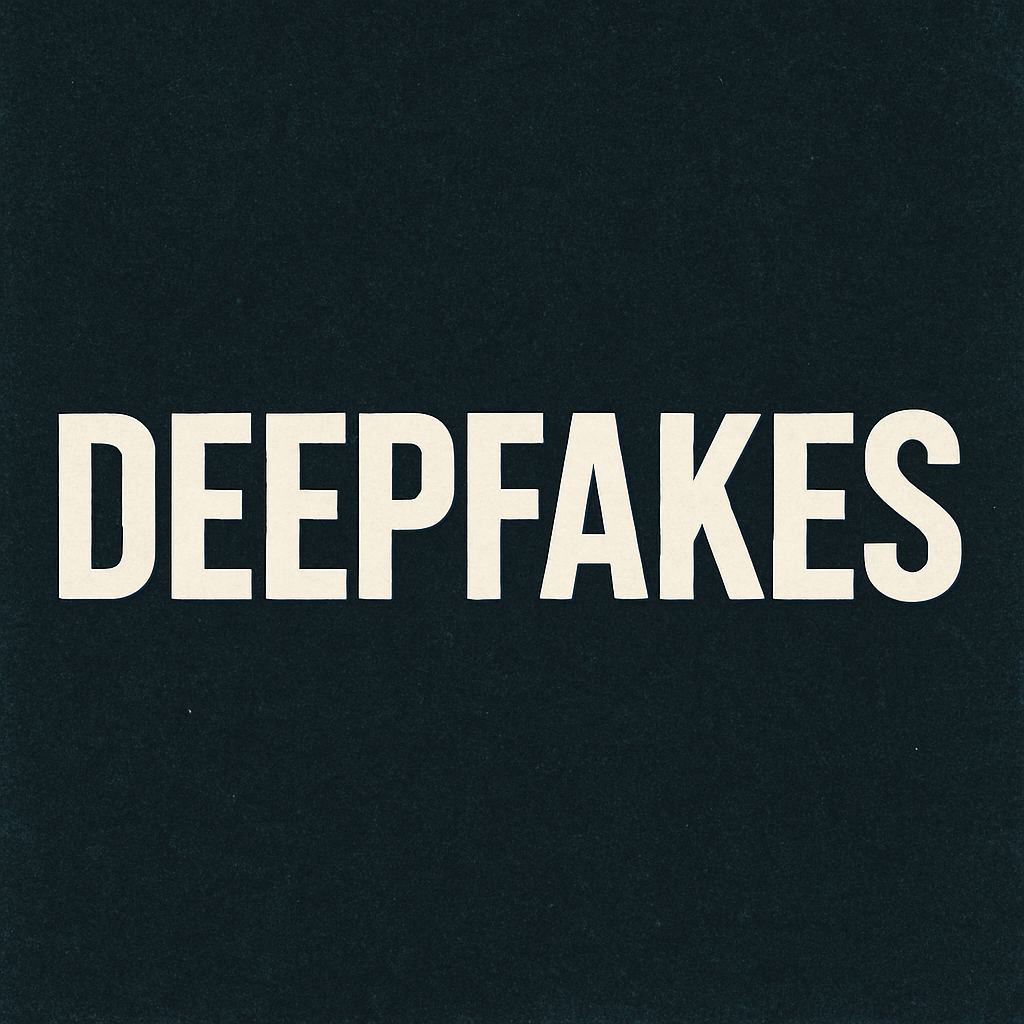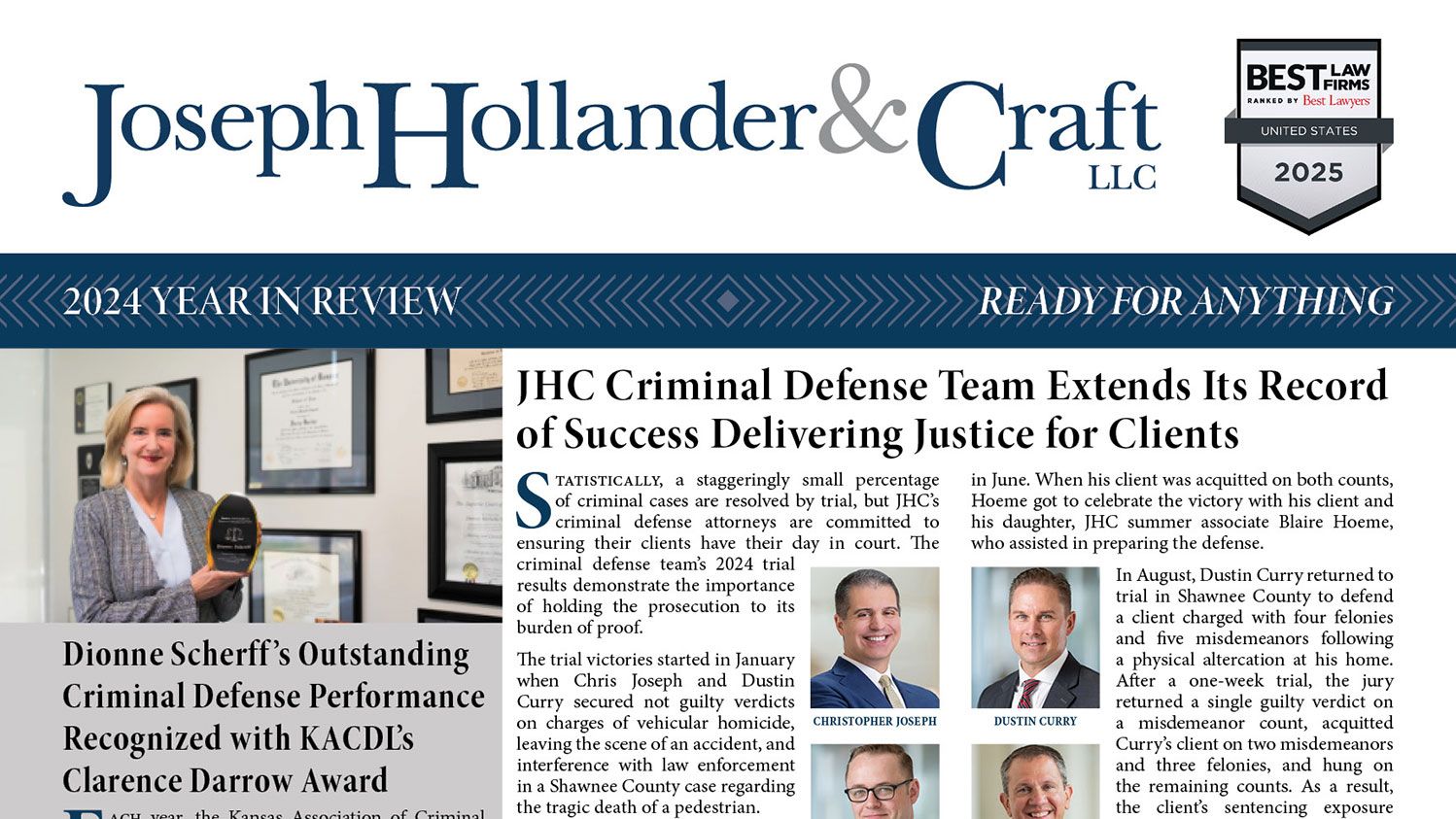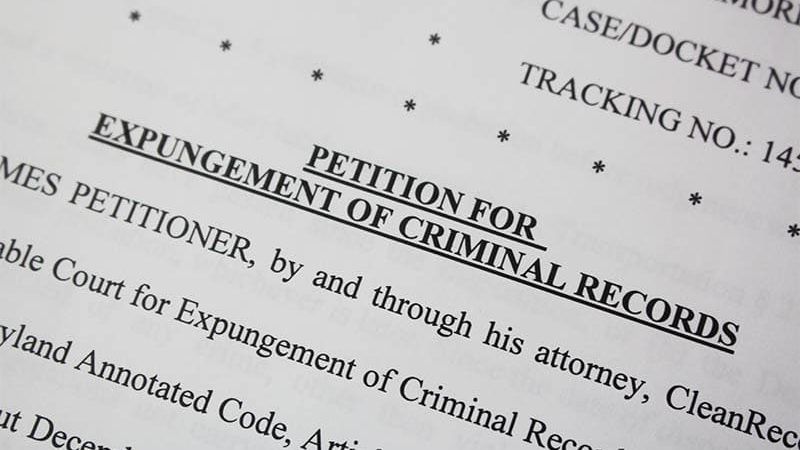The following summaries describe recent cases handled by our DUI attorneys. They are not offered to predict success in your case, nor do they provide a comprehensive account of all of our recent cases. They are offered solely to provide a sample of the type of cases that we handle:
May 2013 — Our client was pulled over for running a stop sign. The officer claimed that he smelled alcohol and that our client’s speech was slurred. The officer also said he saw a bottle of whiskey on the floorboard behind the front passenger seat. The officer directed our client to get out of the car and arrested him for transporting an open container. Later, the officer administered field sobriety tests and obtained a breath test. The breath test registered a BAC over twice the legal limit.
We filed a motion to dismiss the DUI charge. We presented argument under the Kansas Supreme Court’s decision in Sloop vs. Kansas Department of Revenue that the arrest was not a valid basis for requesting a breath test. We asserted that, because the offense is not one “involving operation or attempted operation while under the influence of alcohol or drugs, or both,” an arrest for transporting an open container does not authorize a law enforcement officer to request a breath test under K.S.A. § 8-1001(b). The prosecution argued that the request was authorized because transporting an open container is an ‘alcohol-related offense.’ The judge rejected this argument and dismissed the DUI charge.
March 2013 — Two clients recently faced one-year license suspensions for DUI charges. Both clients failed field sobriety testing, admitted to drinking alcoholic beverages before operating their vehicles, and had BACs over .15, as measured by breath testing. However, both clients were able to keep their licenses. In both cases, the forms provided by police notifying the drivers of the administrative suspension of their licenses (the DC-27 forms) were defective. Each DC-27 is jurisdictional, and a defective DC-27 cannot form the basis for suspension of a driver’s license. In these cases, careful attention to detail by our DUI attorneys prevented license suspensions that were otherwise highly likely.
January 2013 — After a minor traffic accident, our client left the scene and traveled about a block before his tire went flat. As our client was walking the short distance back to his residence, he was contacted by witnesses to the accident who called 9-1-1 to report that they noticed the “strong” odor of alcohol and observed client to be stumbling. Law enforcement arrived at the scene and located client’s vehicle. Information obtained from the vehicle allowed law enforcement to determine client’s residence. Approximately 45 minutes after the accident, law enforcement made contact with client and began a DUI investigation. Client provided numerous cues while performing the field sobriety tests, but he refused to take the requested breath test. Client appealed from his conviction for DUI in the City of Wichita, requesting a jury trial in Sedgwick County District Court. At trial, the defense challenged the observations of the witnesses and the reliability of the field sobriety tests. Counsel presented limited evidence regarding client’s ability to have consumed alcohol after the accident and before police contact. The jury determined there was insufficient evidence and acquitted client.
May 2012 — During an argument with her boyfriend, our client dialed 9-1-1 for help. The argument ended, and our client decided to leave before police arrived. As she was leaving the parking lot, she saw the police arriving and sped off. She drove at speeds in excess of 70 miles per hour, weaved in and out of traffic, and ran a red light before stopping for the police. A police officer observed a “moderate” odor of alcohol about her and asked her to submit to field sobriety tests. The officer claimed she failed the tests. Our client’s arrest and processing took nearly two hours. By the time a breath test was administered, her BAC registered just below the legal limit. Our client was charged with speeding, fleeing and eluding, running a red light, and DUI. At trial, we defended our client by asserting that there was insufficient evidence to support the charges. She was convicted only for running a red light and fined $100.
April 2012 — Our client left a club at 2:00 a.m. While she and a friend were sitting in her car, a police officer watched from across the parking lot. Our client backed out of the parking stall and pulled around to the back of the club. The officer initiated a traffic stop because he thought our client was acting suspiciously. He smelled alcohol on our client and began a DUI investigation. Our client refused all field sobriety tests and the requested breath test. We proceeded to trial. The judge found that there was not sufficient evidence to prove our client was under the influence of alcohol to a degree that rendered her unable to safely operate a motor vehicle. She was acquitted of all charges.
February 2012 — A concerned citizen witnessed a person he believed to be underage drinking at a local drive-in dining establishment. The reporting party provided a description of the suspected under-aged drinker’s car to police, and officers responded to the area and waited for a car matching the description to leave the dining establishment. Police observed our client’s car, which matched the description of the suspect’s vehicle, leave the dining establishment. The officer followed our client for nearly a mile before he made a “wide turn” onto another street. The officer stopped our client and asked if he had been drinking. The client denied drinking, and the officer said she did not smell the odor of alcohol on him. Nonetheless, the officer asked our client to step out of the vehicle and made him perform field sobriety tests, during which the officer reportedly observed several clues indicating intoxication. At trial, our lawyers were able to show that the stop of the vehicle and the investigation for DUI was not supported by reasonable suspicion, and our client’s breath alcohol test results were suppressed. The prosecution dismissed the case.
February 2012 — Our client was stopped because his tag light was not working. He admitted to recently drinking “one beer,” noting that it was “a tall one.” Our client performed field sobriety tests, and the officer testified that he failed two and passed one. Our client refused to take a breath test after being arrested. A jury returned a “not guilty” verdict after a one-day trial.
January 2012 — After being arrested, our client was taken to the police station and asked to submit to a blood test to measure his blood alcohol content. The requesting officer read the implied consent advisory to our client, and our client said he did not understand the advisory. The officer refused to answer any questions and announced that he was treating our client’s response as a refusal. Our client was taken to a holding cell. After three to four minutes, he told jail staff he would submit to BAC testing. The jail staff told him that it was too late. As a result of our client’s refusal to submit to BAC testing, his driver’s license was suspended. The administrative hearing officer affirmed his license suspension. On appeal, the district court held that our client validly rescinded his refusal. Thus, the judge reversed his license suspension. As a result, our client was able to keep his job, which required a valid driver’s license.
September 2011 — Police found our client asleep in his truck, parked legally in a parking lot. The truck was running, the radio was on and his seat was slightly reclined. The truck’s headlights were not on and the truck was in “park.” There was no question that our client was too intoxicated to safely drive. The issue was whether the prosecution could prove beyond a reasonable doubt that he had been driving while intoxicated. Our trial defense focused on the lack of investigation by police and the reasonable possibility that our client was sleeping instead of driving because he recognized his impairment. The jury returned a “not guilty” verdict.
September 2011 — Our client was charged with a second DUI. He was alleged to have a blood alcohol level slightly over the legal limit. His car had an ignition interlock device installed at the time of the car stop as a result of a previous DUI conviction. At trial, our attorneys showed that the client’s car started after he submitted to a test on the correctly installed ignition interlock device and that no subsequent breath sample had disabled the car. The jury returned a “not guilty” verdict.
July 2011 — Our client experienced a tire blowout, which resulted in his car veering hard to the right and slamming into the curb. Police arrived after our client exited his vehicle and began to survey the damage. Officers asked if our client had consumed any alcohol that evening. He responded that he had. Police asked our client to submit to standardized field sobriety tests. Our client refused the SFSTs, and police arrested him. The police then asked the client to submit to a breath test and he refused. Our DUI lawyers convinced the prosecutor to dismiss the case. The attorneys also won the administrative hearing and preventing his driver’s license from being suspended.
Please feel free to contact any of our highly qualified Kansas DUI Defense Team Members in Wichita, Kansas City, Lawrence & Topeka Ks today to set up your initial DUI defense consultation.













